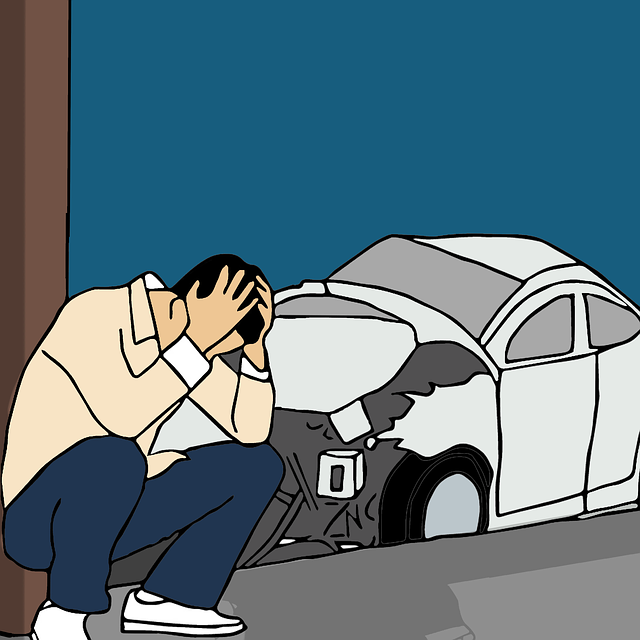In a personal injury contingency fee arrangement, clients avoid upfront costs as attorneys cover litigation expenses and are paid a percentage (25%-40%) of the settlement or award if they win. Despite waiving initial fees, clients remain liable for attorney fees and medical bills upon successful resolution.
In personal injury cases, understanding who pays legal costs under a contingency fee arrangement is crucial. This article breaks down the financial aspects of contingent fees in depth, focusing on key questions: Who initially covers legal expenses in these cases? How does payment structure work after settlement or judgment? Delving into these topics offers valuable insights for clients and attorneys navigating personal injury litigation, ensuring clear expectations and just compensation.
- Understanding Contingency Fees in Personal Injury Cases
- Who Bears the Cost of Legal Expenses Initially?
- The Client's Responsibility for Payment After Settlement or Judgment
Understanding Contingency Fees in Personal Injury Cases

In personal injury cases, a contingency fee is an agreement between the victim and their car accident attorney where the lawyer only gets paid if they successfully secure compensation for the client. This means that rather than charging an upfront fee or hourly rate, the lawyer receives a percentage of the settlement or award. Typically, this percentage, known as the personal injury contingency fee, ranges from 25% to 40%.
Understanding how this arrangement works is crucial when navigating a legal claim. Unlike in business litigation where fees are often more straightforward, the client isn’t required to pay any legal costs upfront, which can be a relief for those facing financial hardships due to their injuries. However, it’s important to remember that if the case doesn’t result in a successful outcome, the lawyer may not get paid at all, as they bear the risk of non-payment in exchange for taking on the case. This is often balanced by the potential for a much larger reward if the case is won.
Who Bears the Cost of Legal Expenses Initially?

In a personal injury contingency fee case, the initial financial burden of legal expenses typically falls on the client. When a potential plaintiff retains an Orlando truck accident lawyer or nursing home neglect attorney, they agree to pay no out-of-pocket fees unless and until they secure a favorable settlement or judgment. This model, often employed in complex cases like truck accidents, ensures that clients are not financially deterred from pursuing justice due to upfront legal costs.
Until the case is successfully resolved, the attorney generally advances all litigation expenses, including investigation, expert witness fees, court filing fees, and other associated costs. These expenses can be substantial, but they are recuperable if the case results in a monetary award or settlement. This arrangement allows individuals who have suffered injuries to access legal representation without incurring immediate financial risks.
The Client's Responsibility for Payment After Settlement or Judgment

In a personal injury contingency fee case, clients often wonder about their responsibility for payment after a settlement or judgment is reached. When a car accident attorney takes on a client’s case under a contingency fee agreement, they advance legal costs and fees from their own funds. The attorney will then seek to recover these costs—plus an agreed-upon percentage of the damages awarded or settled—from the opposing party. This structure ensures that clients with limited financial resources can access legal representation without upfront costs.
However, it’s crucial for clients to understand that they are ultimately responsible for paying the attorney’s fees and expenses. Even though the payment is contingent on a successful outcome, clients still need to be prepared to contribute to the medical bill compensation and other expenses incurred during the injury claim process. This includes any upfront costs paid by the car accident attorney and any outstanding balances after the settlement or judgment is received.
In a personal injury contingency fee arrangement, legal costs are initially borne by the law firm handling the case. However, these expenses are typically recouped from the settlement or judgment awarded to the client. This structure ensures that plaintiffs receive legal representation without upfront financial burden, as the attorney’s fees become the responsibility of the party securing compensation for their injuries. Understanding this payment model is crucial when navigating personal injury cases and choosing a legal representative.






